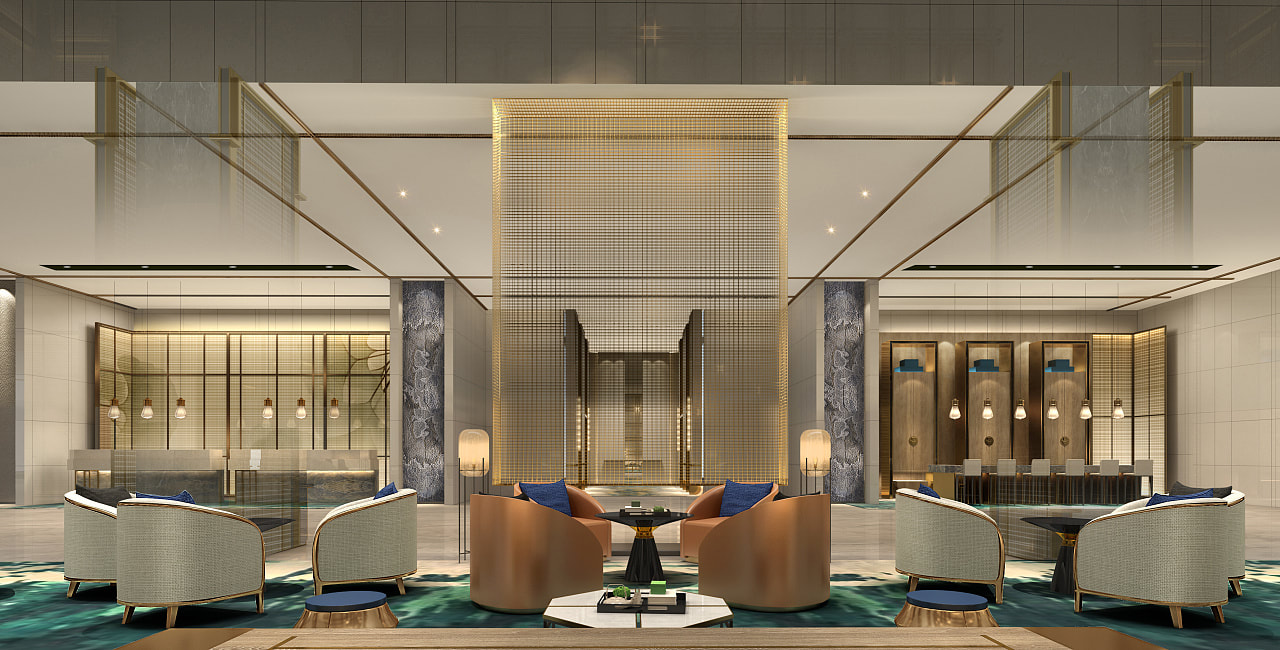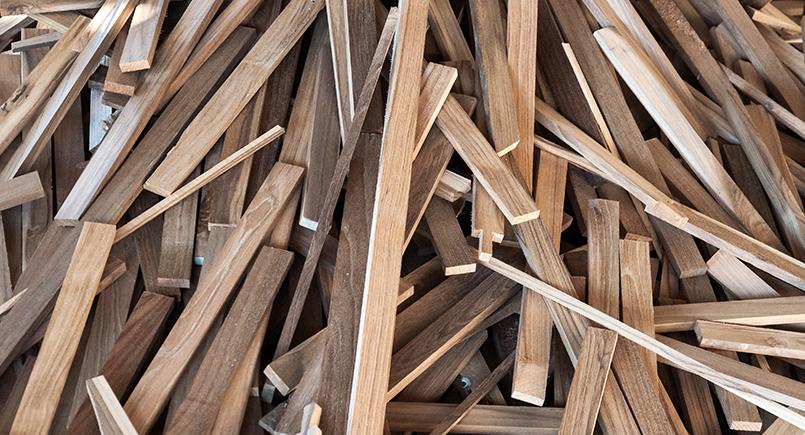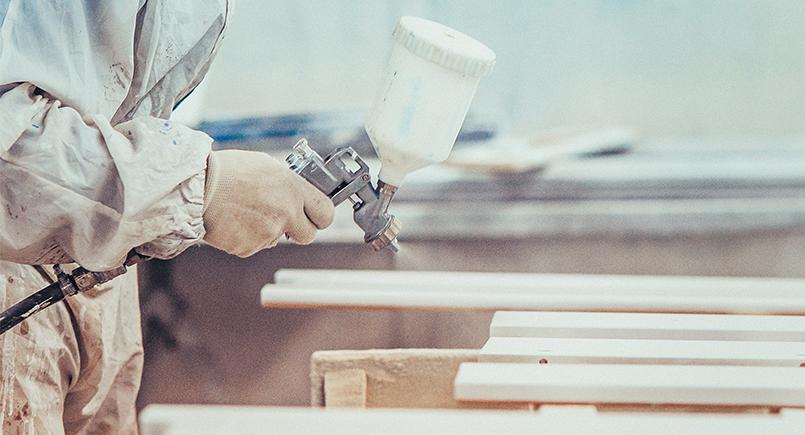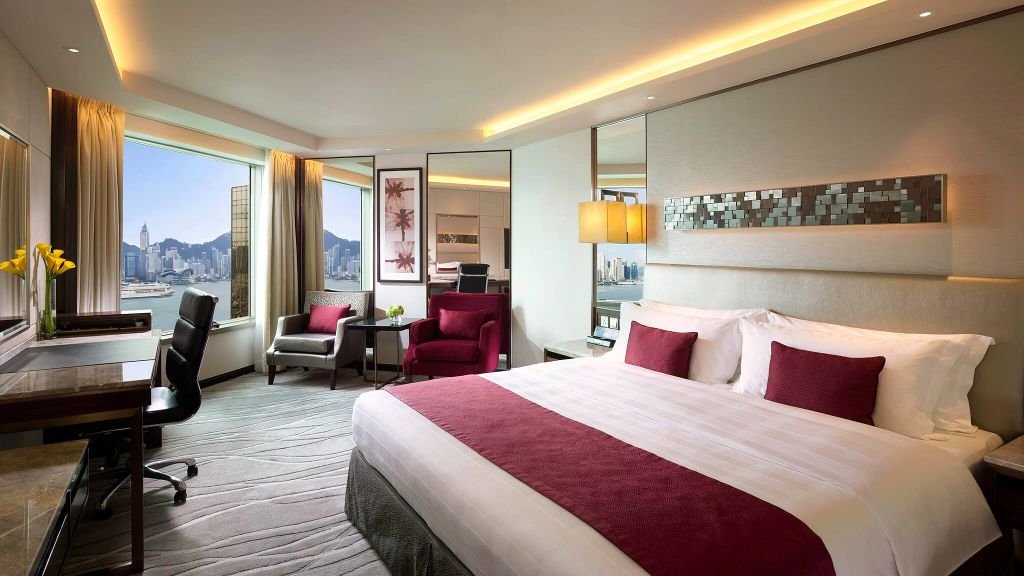5 Tips for Sustainable Hotel Furniture
As hotel operators and their guests are becoming ever more environmentally conscious, many hospitality establishments are turning their focus to sustainable hotel furniture design. But what is sustainable furniture? And how can you improve the green credentials of your hotel, bar or restaurant? Simply put, sustainable hospitality furniture is manufactured using eco-friendly principles and materials that aim to minimise any negative impacts on the environment. The true level of sustainability in contract furniture depends on a range of factors, but there are a few key tips you can take into consideration.
1. Consider a Life-Cycle Assessment
Sustainable furniture designers can use a life-cycle assessment (LCA) to assess the environmental aspects of a piece of contract furniture throughout its entire life-cycle – from the extraction of raw materials to processing, packaging, transport, use and disposal. You can conduct an LCA yourself, or you can choose an outsourcer instead. Carrying out an LCA to consolidate your sustainable hotel furniture rating is a good way to reassure yourself that you are actively contributing to establishing a greener hotel or restaurant environment.
2. Choose Environmentally-Friendly Materials
Ensuring eco-friendly raw materials are being used during the manufacturing process is key, and is perhaps the most obvious factor to consider when thinking about sustainable hospitality furniture. It’s common for toxic chemicals to be used to treat fabrics and finish wood frames. Some of these chemicals can be released into the air, creating a contaminated environment that can result in health impacts. It’s also important to remember that some hotel rooms are small and poorly ventilated, concentrating the effects of these chemicals – so, specifying eco-friendly materials creates a safe atmosphere for both staff and guests.
Some eco-friendly material options include:
Sustainable furniture designers can use a life-cycle assessment (LCA) to assess the environmental aspects of a piece of contract furniture throughout its entire life-cycle – from the extraction of raw materials to processing, packaging, transport, use and disposal. You can conduct an LCA yourself, or you can choose an outsourcer instead. Carrying out an LCA to consolidate your sustainable hotel furniture rating is a good way to reassure yourself that you are actively contributing to establishing a greener hotel or restaurant environment.
2. Choose Environmentally-Friendly Materials
Ensuring eco-friendly raw materials are being used during the manufacturing process is key, and is perhaps the most obvious factor to consider when thinking about sustainable hospitality furniture. It’s common for toxic chemicals to be used to treat fabrics and finish wood frames. Some of these chemicals can be released into the air, creating a contaminated environment that can result in health impacts. It’s also important to remember that some hotel rooms are small and poorly ventilated, concentrating the effects of these chemicals – so, specifying eco-friendly materials creates a safe atmosphere for both staff and guests.
Some eco-friendly material options include:
- Organic fabrics such as Pure New Wool
- Unfinished timbers
- Reclaimed materials
- Recycled wood, metals and plastics
- FSC-certified woods sourced from sustainable forests
3. Establish Sustainable Processes
Manufacturing processes have a significant impact on whether your contract furniture design qualifies as sustainable. Many processes use excessive amounts of energy and the resulting pollution alone can negate your other proactive efforts toward sustainability. Fortunately, there are a number of solutions that sustainable furniture designers can consider:
Manufacturing processes have a significant impact on whether your contract furniture design qualifies as sustainable. Many processes use excessive amounts of energy and the resulting pollution alone can negate your other proactive efforts toward sustainability. Fortunately, there are a number of solutions that sustainable furniture designers can consider:
- Recycle any timber waste, sawdust and cardboard
- Use stains that are free from formaldehyde
- Use low-impact energy sources, such as hydroelectricity
- The use of a waste wood burner to heat the manufacturing facility
4. Opt for Paints and Finishes with Low VOCs
As with fabrics and materials, paints and finishes can also be toxic. To ensure your paints and finishes are as sustainable as possible, you should make sure they are made using low VOCs (Volatile Organic Compounds) as high levels of VOCs have been shown to have negatively affects on the environment.
As with fabrics and materials, paints and finishes can also be toxic. To ensure your paints and finishes are as sustainable as possible, you should make sure they are made using low VOCs (Volatile Organic Compounds) as high levels of VOCs have been shown to have negatively affects on the environment.
5. Create a Fully Sustainable Environment
Whether it’s sustainable restaurant furniture, eco-friendly hotel headboards or contract coffee tables manufactured using repurposed wood, investing in environmentally-conscious pieces will have a significant impact on safeguarding your environment. As well as being good for the environment, specifying sustainable hotel furniture can give the interior designer or client satisfaction in the knowledge that they are actively contributing to the wellbeing of the planet with their furniture choices.
Whether it’s sustainable restaurant furniture, eco-friendly hotel headboards or contract coffee tables manufactured using repurposed wood, investing in environmentally-conscious pieces will have a significant impact on safeguarding your environment. As well as being good for the environment, specifying sustainable hotel furniture can give the interior designer or client satisfaction in the knowledge that they are actively contributing to the wellbeing of the planet with their furniture choices.
Choosing Sustainable Hospitality Furniture
Here at Bestar Hospitality, our sustainable hotel furniture is largely constructed from timber – a recyclable and biodegradable material with frames that are built to last and are easily refurbished as fashion changes. The adhesives, stains and polishes we use minimise harmful emissions and a high proportion of the upholstery fabrics we use are constructed using sustainable yarns – such as wool, linen and cotton – which are biodegradable. If you want to find out more about our eco-friendly furniture options, contact our sustainable furniture designers today.
Bestar Hospitality was established in 2001 in Shanghai, China. Now employing over 500 employees with a factory area of over 50,000sq.mtrs, they have become a leading custom bespoke contract furniture manufacturer and supplier to the hotel, resort, hospitality and commercial markets.
Here at Bestar Hospitality, our sustainable hotel furniture is largely constructed from timber – a recyclable and biodegradable material with frames that are built to last and are easily refurbished as fashion changes. The adhesives, stains and polishes we use minimise harmful emissions and a high proportion of the upholstery fabrics we use are constructed using sustainable yarns – such as wool, linen and cotton – which are biodegradable. If you want to find out more about our eco-friendly furniture options, contact our sustainable furniture designers today.
Bestar Hospitality was established in 2001 in Shanghai, China. Now employing over 500 employees with a factory area of over 50,000sq.mtrs, they have become a leading custom bespoke contract furniture manufacturer and supplier to the hotel, resort, hospitality and commercial markets.




